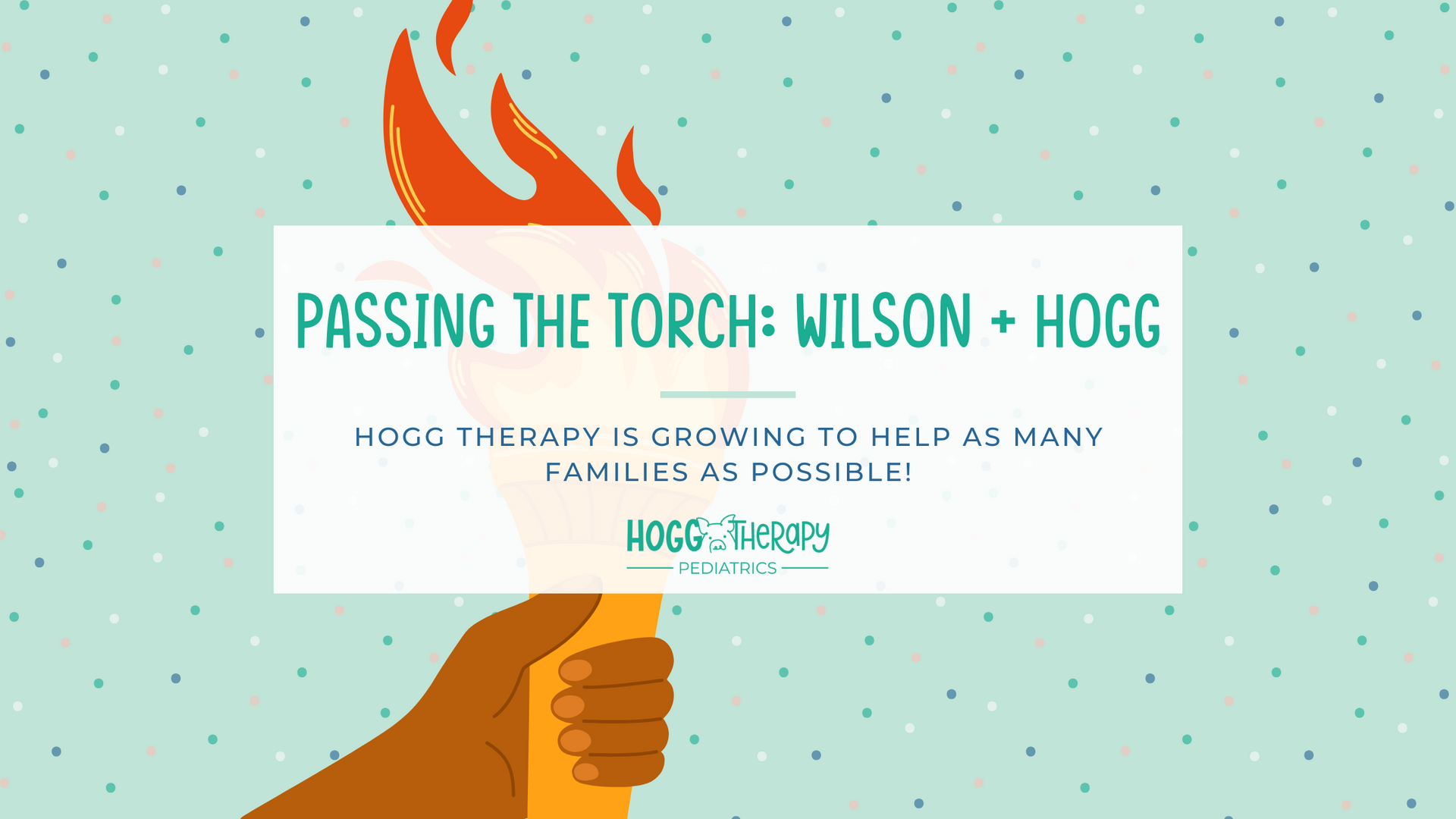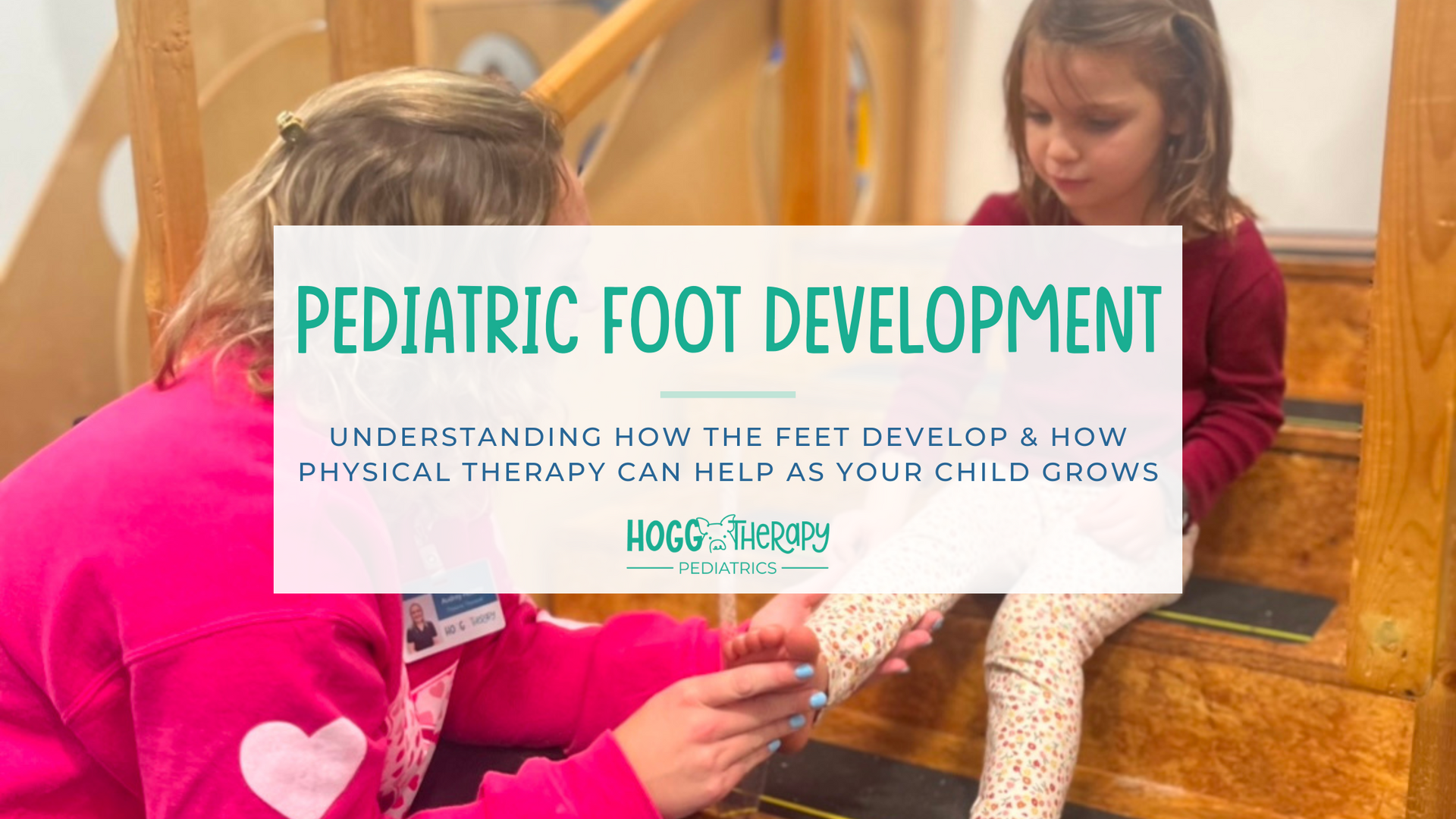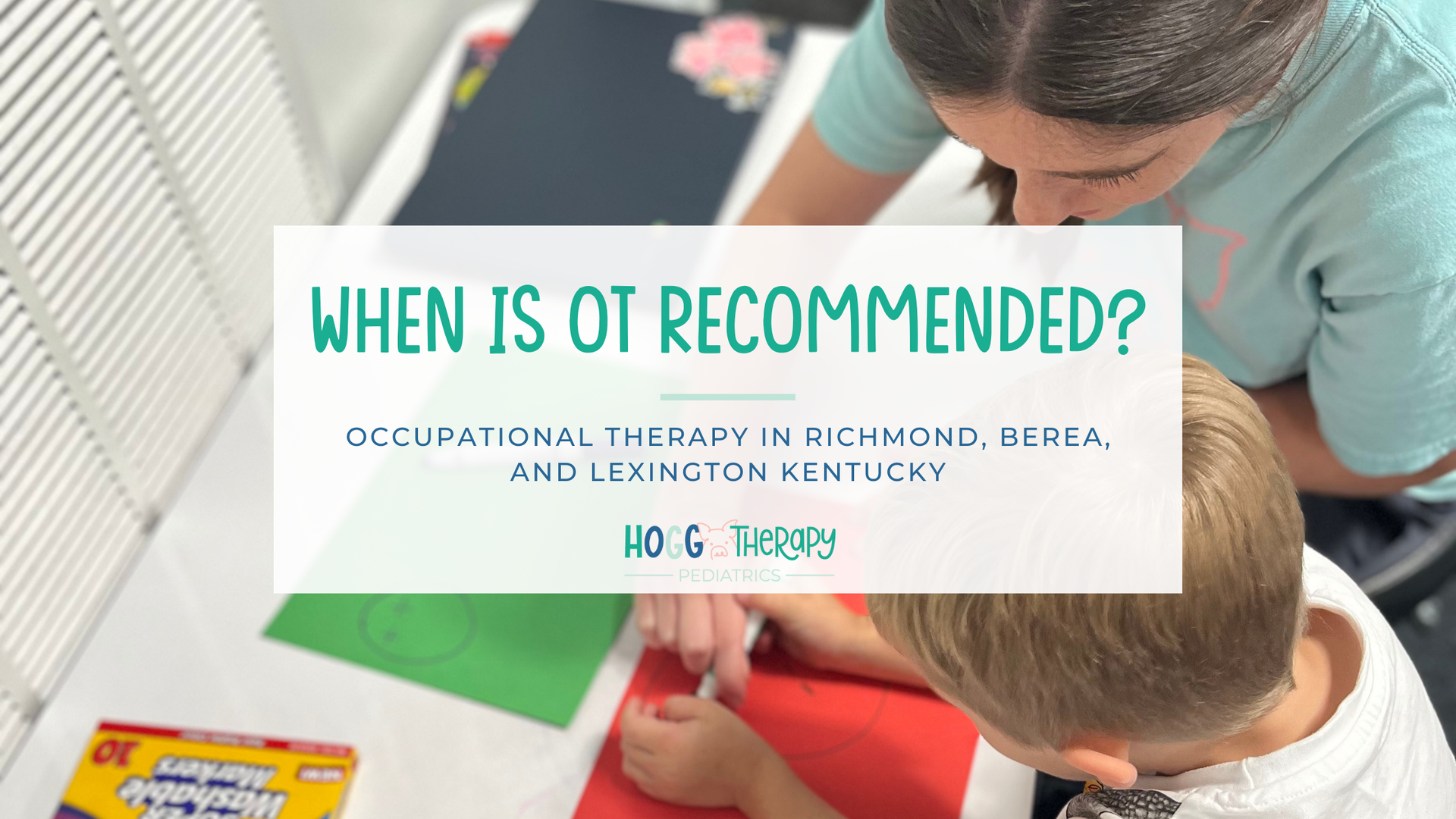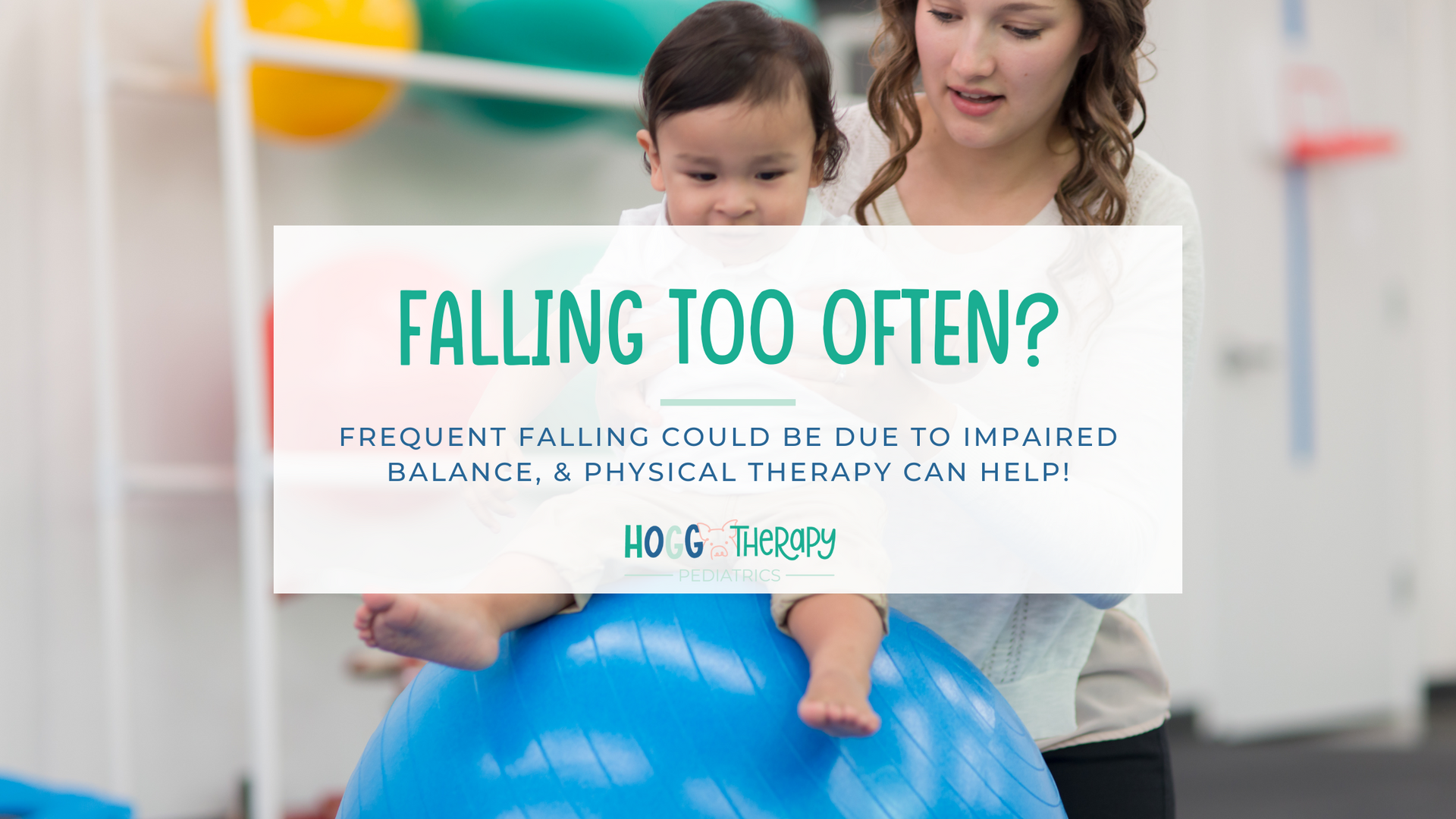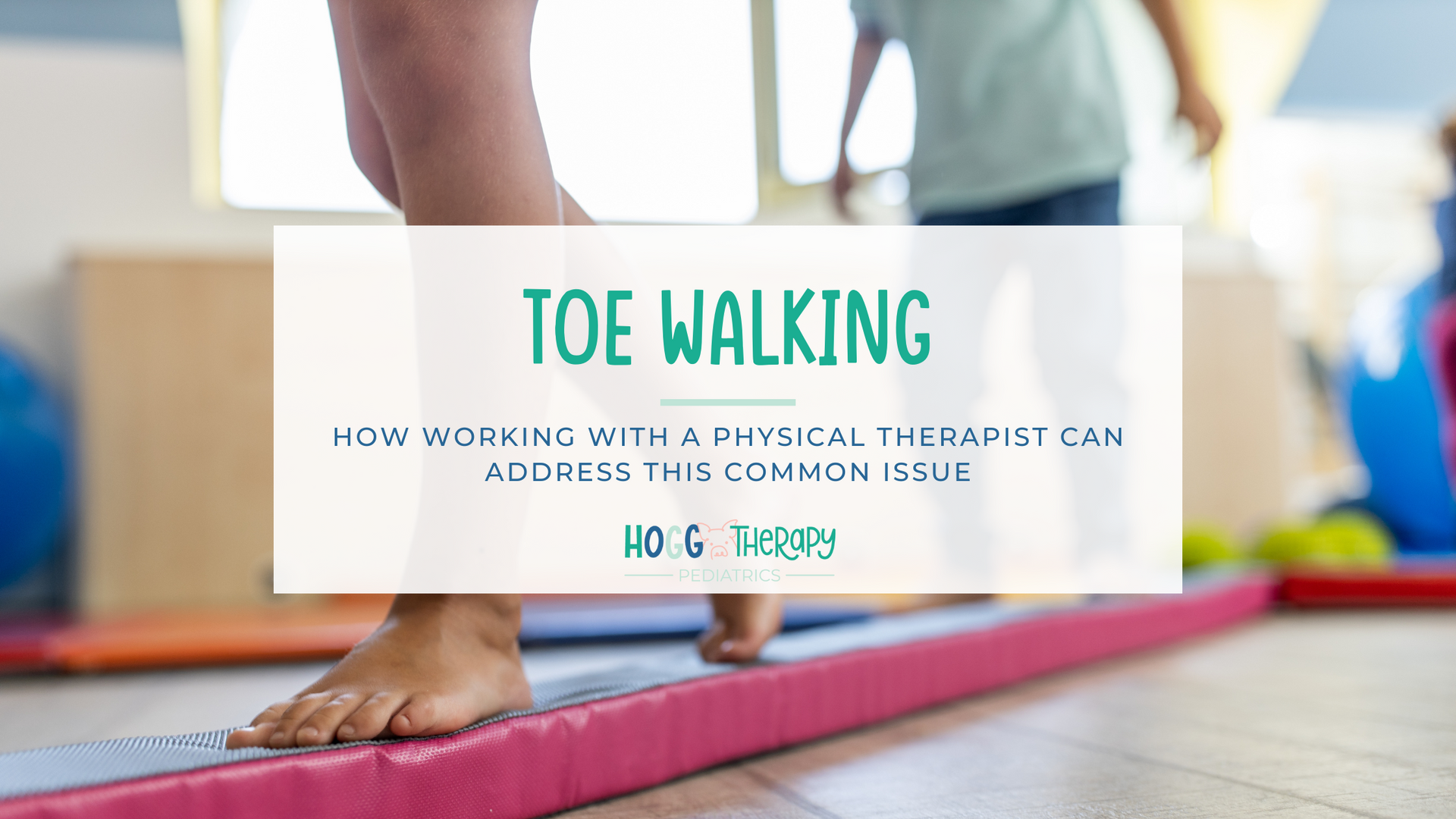Music and Growing Minds
Listening to music and singing with your child is beneficial in helping develop their language skills. Music has tune, rhythm, and repetitive patterns which helps their growing brains memorize and learn words while having fun.
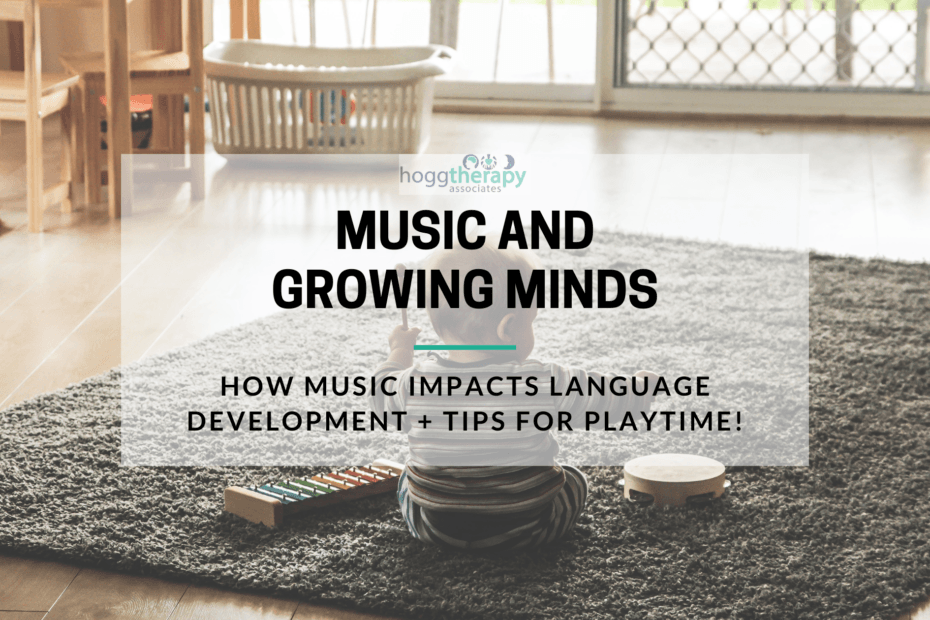
Morgan Barton CCC-SLP
Listening to music and singing with your child is beneficial in helping develop their language skills. Music has tune, rhythm, and repetitive patterns which helps their growing brains memorize and learn words while having fun.
Benefits of Music
Songs impact people at all stages of life, and it can be so beneficial for development in babies and toddlers. Listed below are a few key benefits of music during early childhood:
- Vocabulary development: Music helps children identify sounds and patterns, which are key elements of literacy and numeracy. Children also often pick up on words and phrases they hear repeated in songs.
- Mood lifter: Just like adults, songs can impact a child's mood. A lullaby could help soothe while an upbeat song could give a grumpy child a boost of energy.
- Builds coordination: Kiddos love to dance along to songs! Through dancing, children learn how to move to a rhythm while also building their strength and balance.
These are just a few examples of how music can help build important foundations in childhood development. Another important thing to remember is simply that music is fun! Turn on some songs, and have a fun dance party with your kiddos!
Tips for Playtime
If you want to incorporate more music into your child's playtime, try these tips below!
- Press pause on the song or stop singing. This gives your child the opportunity to ask for more music or to say the lyric that comes next.
- Sing songs that include motor movements. Look for songs like Wheels on the Bus, Itsy Bitsy Spider, If You're Happy and You Know It, etc. Motor imitation comes before verbal imitation. Encourage your child to imitate the movements of the song, or encourage them to come up with their own movements.
- Help your child make up songs about their day. These songs could be about anything, such as fixing their lunch or brushing their teeth. They can have fun while practicing their language skills.
For more playtime tips, check out our other blog posts here!
.
Sources:

